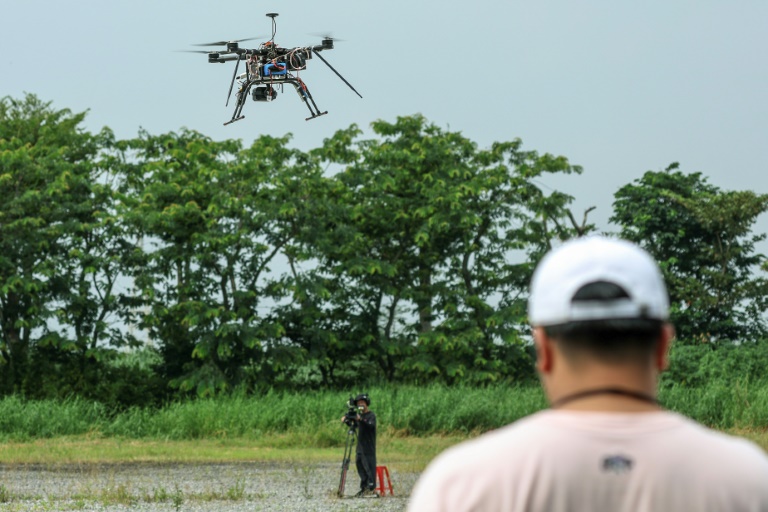Animal development involves a series of changes in cell and tissue structures. In order to create complex 3D organs, cell shapes need to adapt to support tissue morphogenesis. However, our understanding of how cellular structure changes are linked to dynamic tissue morphogenesis is limited, largely due to reliance on studies of fixed tissues and cultured cells. Therefore, it is crucial to observe real-time cell shape changes during morphogenesis.
This network maintains cellular connections during early inflation stages and facilitates 3D tissue growth by allowing MTs to reorganize into mitotic spindles after programmed disassembly of cell-cell contacts. The findings have been published in The EMBO Journal.
This study not only uncovers the physiological significance of the IPAN but also offers insights into the challenges of live-imaging and genetic manipulation of protrusions. The results suggest that the loss of cell-cell contacts serves as a key regulator of coordinated mitoses, a mechanism that may be relevant to 3D morphogenesis in multicellular organisms. The use of powerful Drosophila genetics tools in combination with multi-colored fluorescent in vivo live-imaging provides a comprehensive system to address questions about cell shape changes affecting tissue morphogenesis.
2024-02-22 18:00:06
Original from phys.org
















